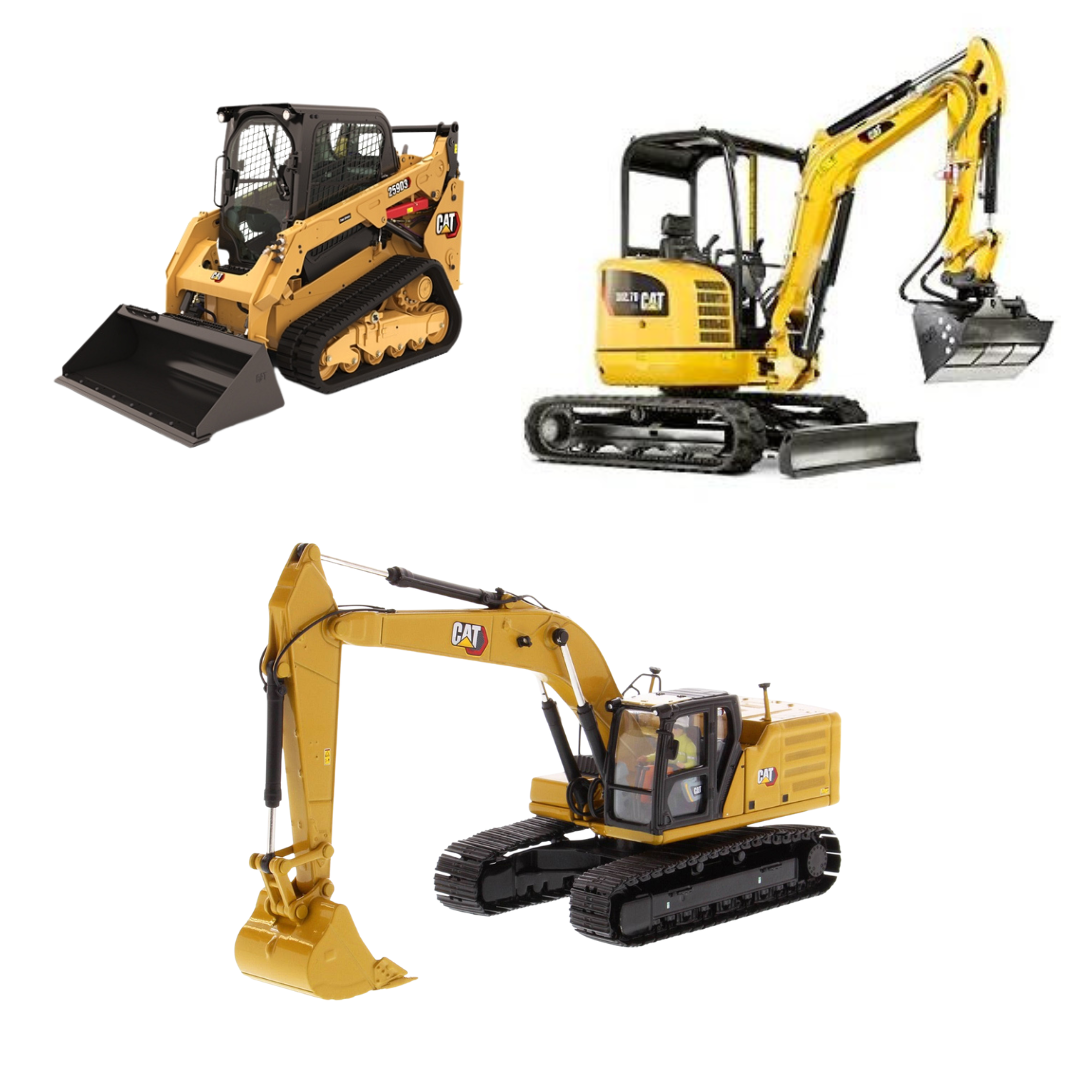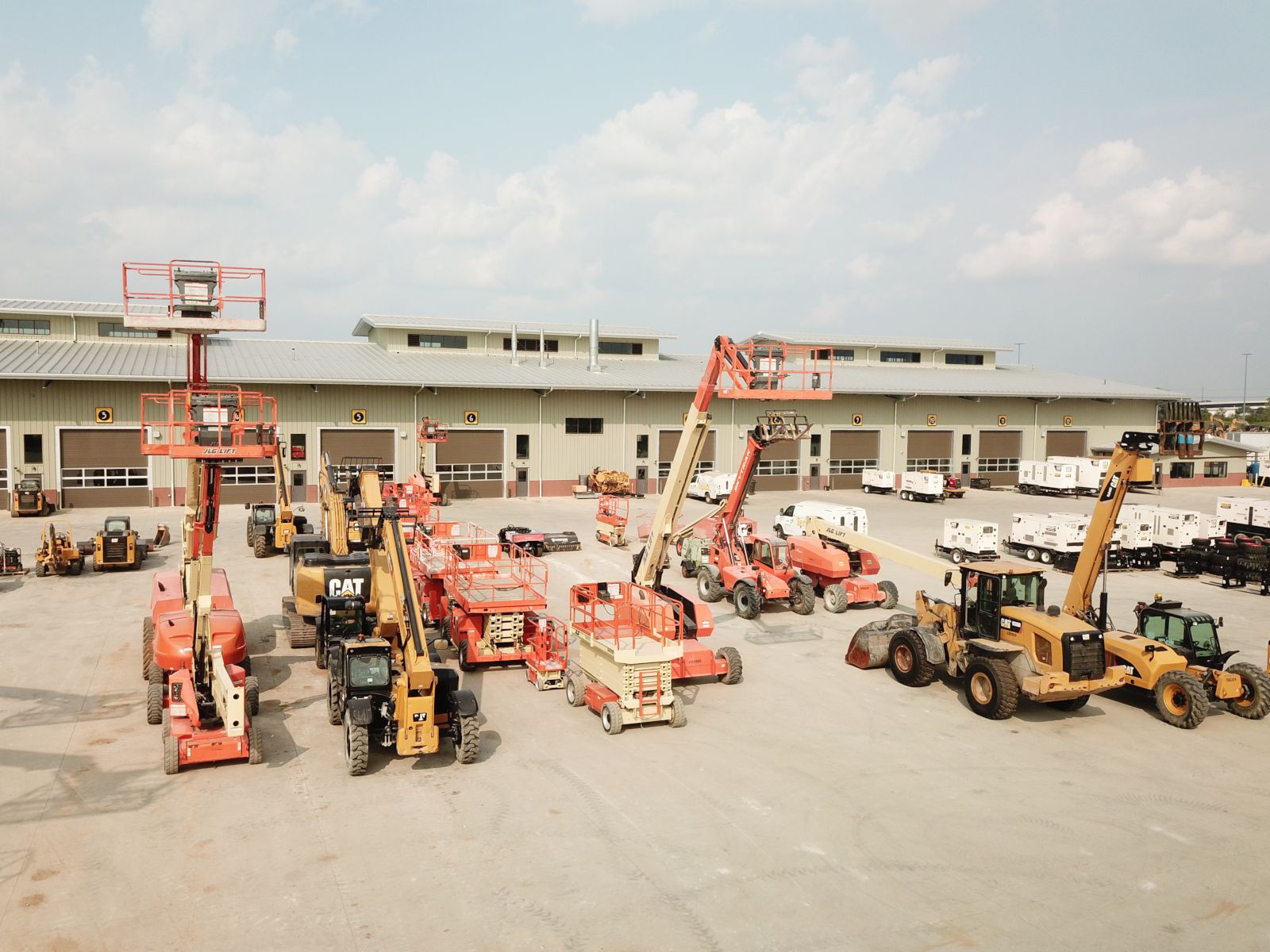Maximize Your Budget by Recognizing the Costs Connected With Building And Construction Equipment Leasings
Comprehending the complete extent of prices linked with building equipment leasings is important for maximizing your budget plan. While the preliminary rental charge may seem straightforward, various additional expenditures-- such as transport, fuel surcharges, and maintenance-- can promptly accumulate, impacting your financial preparation. Being mindful of different fees and the complexities of rental agreements can help prevent unexpected monetary worries. What strategies can be used to effectively handle these costs and ensure a more efficient rental experience?
Overview of Rental Costs
When considering construction tools rentals, recognizing the linked prices is extremely important for effective budgeting and project preparation. Rental costs can differ substantially based on several elements, consisting of tools type, duration of rental, and area. The preliminary rental fee often reflects the devices's market need and its linked functional abilities, influencing the total expenditure.
In enhancement to the base rental price, supplementary expenses might develop, such as transportation fees, fuel additional charges, and maintenance costs. It is necessary to account for these added expenses to precisely assess the total cost of leasing devices. Additionally, the rental duration can influence pricing; longer services might get affordable rates, while temporary rentals could incur greater everyday fees.

Breakdown of Rental Rates
A thorough understanding of rental rates is crucial for specialists and task supervisors intending to maximize their budget plans. Rental rates for building tools typically contain a number of components, consisting of base prices, time-based charges, and use fees.
Base rates are the core fees connected with the leasing of the equipment, typically identified by the type and dimension of the equipment. These rates can vary significantly, influenced by variables such as equipment demand, availability, and local market patterns. Time-based costs, which may be daily, weekly, or monthly, serve to suit different task timelines and rental durations.
Additionally, rental prices may include use costs, which apply when devices is utilized past a specified limit, making sure that the rental business can account for damage. Seasonal demand fluctuations can additionally influence rental prices, with peak construction periods usually commanding greater costs.
Furthermore, recognizing the rental company's plans regarding maintenance and insurance policy can provide additional understanding into the general price framework. By evaluating these parts, professionals can make enlightened decisions, guaranteeing the option of rental devices lines up with both project demands and spending plan constraints.
Additional Charges to Think About
Comprehending the details of additional fees is vital for specialists to manage their overall leasing expenses efficiently. Beyond the common rental prices, numerous auxiliary charges can significantly impact the overall cost of devices leasing. These costs often consist of shipment and pickup charges, which can differ based on distance and logistics involved in transporting the tools to and from the work website.
Additionally, some rental business might enforce fuel surcharges if the tools is returned with much less fuel than when leased. It is also important to understand potential cleansing charges, especially for specific tools that calls for complete upkeep after usage.

Completely evaluating the rental agreement and making clear these extra fees in advance can help specialists make sure and stay clear of unforeseen prices that spending plans stay undamaged throughout the job lifecycle.
Repair And Maintenance Expenses
Normal maintenance and fixing costs are frequently neglected variables that can substantially affect the general cost of building equipment rentals. When renting tools, it is essential to take into consideration not only the rental charges but likewise the potential prices associated with maintaining try this website the equipment in optimal operating condition.
Several rental companies include fundamental maintenance as component of the rental agreement; however, much more considerable repairs or unexpected malfunctions can lead to additional expenses. It's vital to assess the rental agreement carefully to understand what maintenance services are covered and what duties fall on the renter.
In addition, tools that is not well-maintained can lead to inefficiencies on the job site, potentially causing delays and increasing job expenses. To minimize these threats, it is a good click to read idea to carry out routine assessments and preserve open communication with the rental supplier pertaining to any type of problems that arise during usage.
Insurance Policy and Responsibility Expenses
Insurance policy and obligation expenses are vital components that can considerably impact the total expenditure of construction tools leasings (heavy equipment rental). These prices make sure that both the rental company and the customer are protected from possible monetary losses occurring from accidents, damages, or theft throughout the rental period

Furthermore, clients should know any kind of deductibles or exclusions in the insurance coverage plan, as these can impact possible out-of-pocket costs. Understanding the conditions of any kind of insurance coverage is essential to avoid unexpected expenses. Eventually, budgeting for insurance policy and obligation costs can aid ensure a smoother rental experience and shield against monetary dangers linked with construction jobs.
Verdict
In conclusion, an extensive understanding of the costs linked with building and construction tools services is necessary for efficient budget plan management. Inevitably, informed decision-making pertaining to tools leasings contributes to the total success of see building endeavors.
Rental prices can differ considerably based on numerous variables, consisting of equipment kind, period of service, and place (construction equipment rentals). The rental duration can affect pricing; longer leasings may qualify for discounted prices, while short-term leasings might sustain greater daily charges
By performing detailed research study and engaging with respectable rental companies, specialists can efficiently browse the complexities of rental prices, inevitably maximizing their monetary resources.
Beyond the standard rental rates, numerous additional costs can significantly impact the total cost of devices service. Rental companies commonly give responsibility insurance that covers injuries to third parties or damage to home, while tools damage insurance coverage can cover the price of repairs or replacement if the leased tools is harmed.